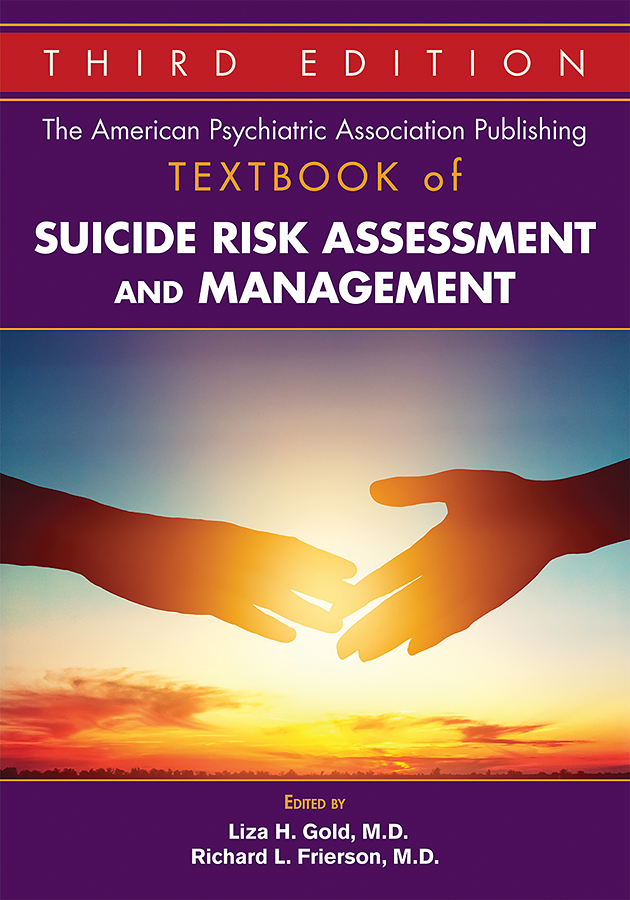Sections
Excerpt
Suicide prevention research, a relatively young field, has advanced significantly in the past decade. Early prevention research focused largely on K–12 school-based suicide prevention programs (Pompili et al. 2012). These programs have consistently shown secondary benefits of improved knowledge and attitudes toward and about suicide but minimal impact on reducing rates of death from suicide. Since these early studies, research on other approaches to suicide prevention conducted in multiple countries is proving that certain suicide prevention methods do reduce rates of death from suicide.
Access content
To read the fulltext, please use one of the options below to sign in or purchase access.- Personal login
- Institutional Login
- Sign in via OpenAthens
- Register for access
-
Please login/register if you wish to pair your device and check access availability.
Not a subscriber?
PsychiatryOnline subscription options offer access to the DSM-5 library, books, journals, CME, and patient resources. This all-in-one virtual library provides psychiatrists and mental health professionals with key resources for diagnosis, treatment, research, and professional development.
Need more help? PsychiatryOnline Customer Service may be reached by emailing [email protected] or by calling 800-368-5777 (in the U.S.) or 703-907-7322 (outside the U.S.).



